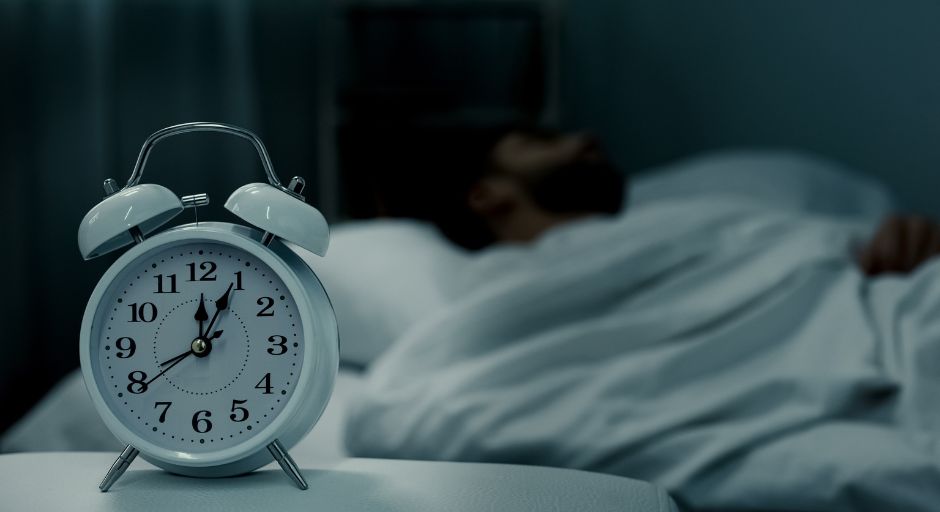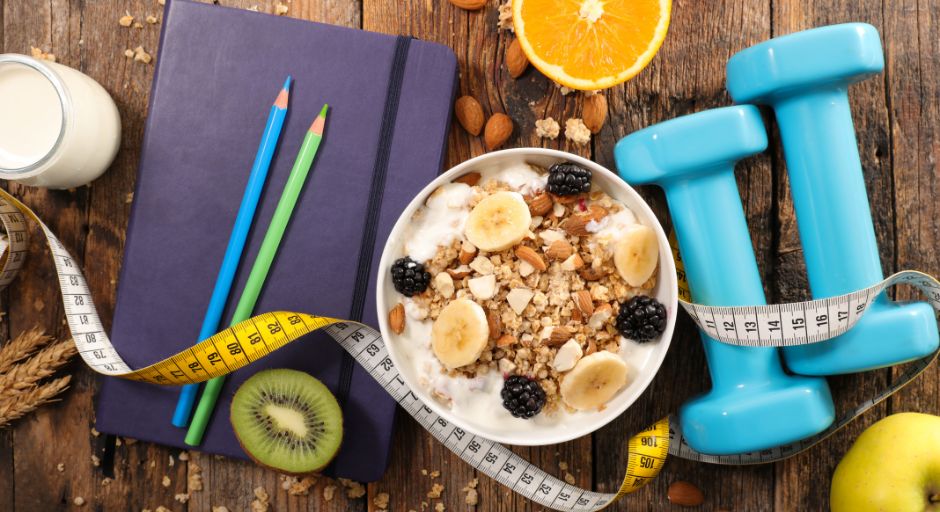
When it comes to wellness, most of us think “eat better and move more.” But what if the key to feeling your best and reaching your goals lies just as much in how you sleep, manage stress, and balance your hormones? Let’s dig into why whole-body health means looking beyond the plate and the gym—and how to bring it all together.
If you’ve ever found yourself saying, “I’m doing everything right, but I’m still not seeing results,” you’re not alone. The truth is, weight loss and wellness aren’t just about calories and workouts. Your body is an ecosystem. Every part, from your hormones to your sleep cycle to your stress response, works together. When one piece is off balance, it can ripple through everything else.

Chronic stress doesn’t just live in your mind; it shows up in your metabolism, hunger, and cravings. When your body is under constant pressure, it releases cortisol, often called the “stress hormone.” While cortisol helps you handle short-term challenges, too much for too long can increase appetite, slow metabolism, and make your body hold onto fat, especially around the midsection.
Managing stress isn’t about completely getting rid of it, because, let’s be honest, there will always be stress. But we can learn how to respond to it better. Try mindful breathing, journaling, short walks, or simply taking a few quiet minutes to reset. These small actions help lower cortisol, improve focus, and support weight management.
Tracking your moods and habits can reveal how stress patterns affect your eating choices in ways you might not even realize. Maybe you reach for salty snacks after a tough meeting, or you notice that you skip your evening walk when you’ve had a particularly draining day. Over time, these small patterns can add up and quietly derail your progress. By logging your meals, emotions, and activity, you start to see connections between how you feel and how you fuel your body. That awareness is powerful; it turns reactive choices into intentional ones. Once you see the patterns clearly, you can plan with better strategies, like having balanced snacks ready, scheduling movement breaks during busy days, or using stress relief tools before turning to food for comfort. Awareness is the first step toward balance, but action based on that awareness is what creates real, lasting change.

Think of sleep as your body’s reset button. During deep sleep, your brain processes emotions, your muscles repair, and your hormones rebalance. When you skimp on rest, it’s not just fatigue that hits; you also experience spikes in ghrelin (the hunger hormone) and drops in leptin (the fullness hormone). That’s a recipe for late-night snacking and stalled progress.
To give your body the recovery it needs, aim for 7–9 hours of quality sleep. Try creating a consistent bedtime, limiting screen time before bed, and keeping your sleep space cool and dark. Even small improvements here can make a noticeable difference in your energy, cravings, and motivation.
You can use the Healthi app to log sleep hours, track morning energy levels, and see how your rest impacts your overall progress. The more data you gather, the easier it becomes to fine-tune your habits for better results.

Hormones act like messengers that tell your body how to function—from how you store fat to how you feel throughout the day. When they’re balanced, everything runs smoothly. When they’re not, you might feel stuck, no matter how “healthy” you are.
Insulin, cortisol, estrogen, progesterone, and thyroid hormones all play major roles in metabolism and mood. For women, hormonal changes during menopause, perimenopause, or even high-stress periods can make weight loss more challenging. For men, declining testosterone can affect muscle tone and motivation.
The key is not to fight your hormones but to work with them. Nourish your body with protein, healthy fats, and fiber to help stabilize blood sugar. Move regularly, manage stress, and prioritize rest to support hormonal balance naturally.
If you’re using GLP-1 medication or considering it, HealthiCare can help. You’ll receive access to licensed clinicians who personalize your plan, guide you through dosage adjustments, and ensure your nutrition supports your hormonal and metabolic needs. Pairing this medical support with tracking in the Healthi app helps you understand your body’s responses in real time.
When diet and exercise alone don’t deliver, it’s often because stress, sleep, and hormones are quietly competing against your efforts. The good news is, you can create harmony between them with consistency and awareness.
Start by choosing one area to improve this week, whether it's committing to earlier bedtimes, daily 10-minute walks, or mindful stress breaks. Log your habits and progress in the Healthi app to see what makes the biggest difference. And if you’re exploring medication support, HealthiCare can help you take a well-rounded approach to your health that goes beyond the scale.
True wellness isn’t about perfection; it’s about alignment. When your mind, body, and hormones are working together, progress becomes natural, sustainable, and deeply rewarding.
November 11, 2025